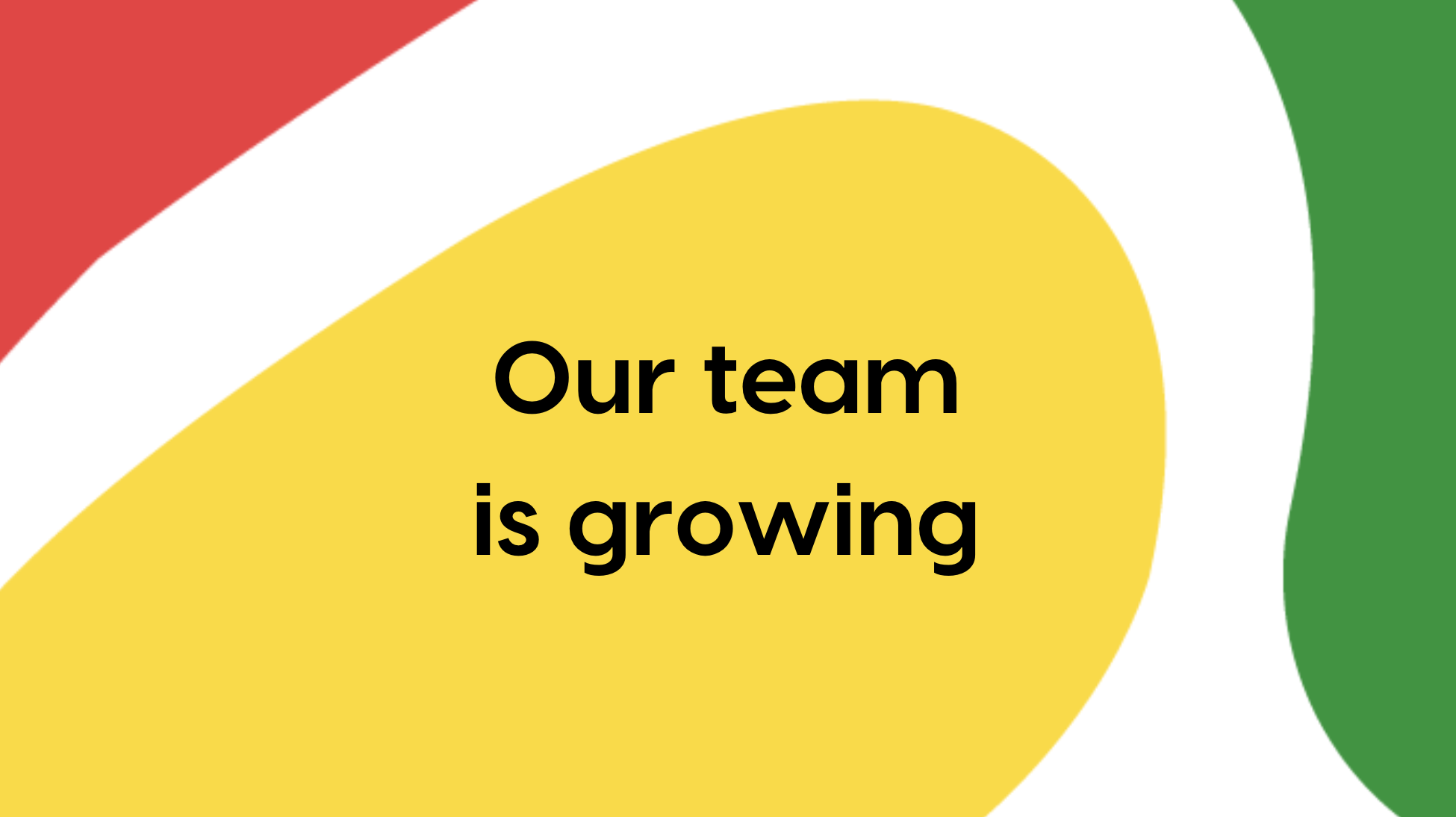Hurricane Season: Guide and Resources

As hurricane season approaches, it is important for you to prepare and have a plan in place. Here are some tips and resources to help you stay safe during a hurricane.
When is Hurricane Season?
Hurricane season in the Atlantic officially begins on June 1st and ends on November 30th. During this period, the conditions in the Atlantic Ocean are favorable for the formation of tropical storms and hurricanes. The peak of the season typically occurs between August and October, when ocean temperatures are at their highest.
Season Outlook
During the winter, the Atlantic Ocean was active. Sea temperatures in the tropical Atlantic stayed above 26°C (79°F).
Forecasters are predicting an 85% chance of above-normal hurricane force winds and activity. They expect there to be 17 to 25 named storms, 8 to 13 hurricanes, and 4 to 7 major hurricanes. Source: NOAA.

Preparing for Potential Impacts
1. Establish a disaster plan that includes evacuation routes, communication methods, and a safe meeting place. Ensure all family members are familiar with the plan.
2. Make an emergency kit with water, food that won't spoil, flashlights, batteries, first aid supplies, and important papers.
3. Stay informed by monitoring weather updates and alerts from local authorities.
4. Know your evacuation routes and have a plan in place for where you will go if you need to evacuate.
5. Secure your home by reinforcing windows and doors, trimming trees and bushes, and securing outdoor furniture.
6. Stay connected with loved ones by having a communication plan in place
For more details, check out our webinar "Beyond the Hurricane." It offers tips for businesses to get ready for hurricanes, but it's useful for everyone, not just business owners.
Resources for Florida Residents
Florida has a wealth of resources to help us prepare for and respond to hurricanes.
Here are some key resources:
Florida Division of Emergency Management (FDEM) provides a helpful guide on preparing for hurricanes. It includes evacuation details, shelter locations, and safety advice.
National Hurricane Center (NHC) gives live updates on storms, forecasts, and advisories. Visit their site to track storms and stay informed.
Florida Emergency Information Line (FEIL) gives info on shelters, road closures, and recovery during disasters. Dial 1-800-342-3557 for assistance.
City National Bank's Hurricane Response Plan
If a hurricane occurs, our bank is committed to keeping our clients informed and supported. Here’s what you can expect:
Communication Channels: You will receive updates through email, social media, and our website. We will give information about branch closures, service interruptions, and other important news promptly.
Emergency Hotline: You will have access to our dedicated bank hotline for urgent inquiries and assistance. Our team will be available to provide support and answer any questions you may have. -
CNB Client hotline: 1-855-684-8284.
Continued Service: We will strive to ensure minimum service disruption through our online banking platforms and mobile app, available 24/7. You can manage your accounts, make transactions, and access essential banking services remotely.
Key CNB Contact Numbers
- City National Bank Main Line: 1-800-435-8839
- CityTel 24-hour telephone banking and debit or ATM card support: 1-800-762-2489
- Online Banking and Bill Payment support: 305-349-5490 or 1-866-CNB-EPAY (262-3729) or support@citynational.com
- Treasury Management Support: 305-349-5465 or TMSupport@citynational.com
For additional information visit our Hurricane Season page for live updates.
Florida residents must prepare for hurricane season to keep their families safe. With proper planning and resources, you can protect your loved ones during this challenging time. Stay informed, make a plan, and use the available resources to navigate this hurricane season with confidence. Remember, preparedness is key to weathering any storm.
Please note: The content in this article comes from individual opinions and experiences. The content should not be taken as advice coming from City National Bank of Florida. City National Bank of Florida does not offer tax, legal or accounting advice.
Sources:
NOAA




.jpeg)




.jpg)
